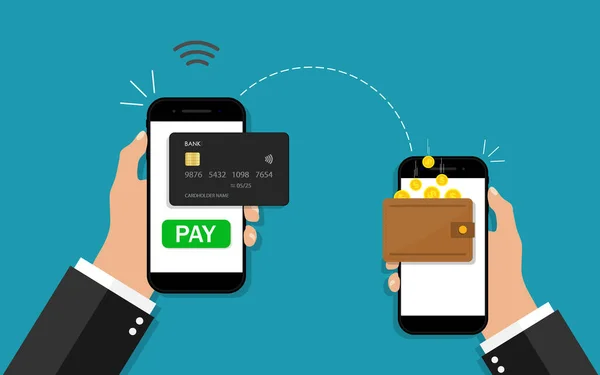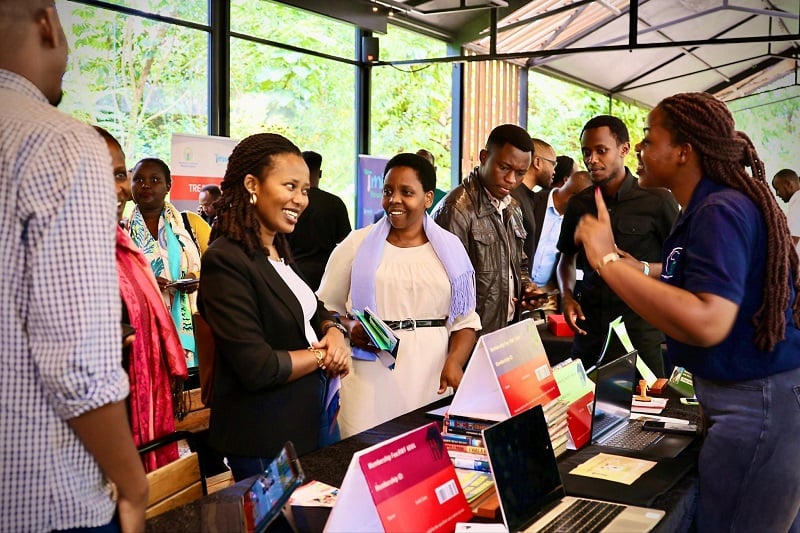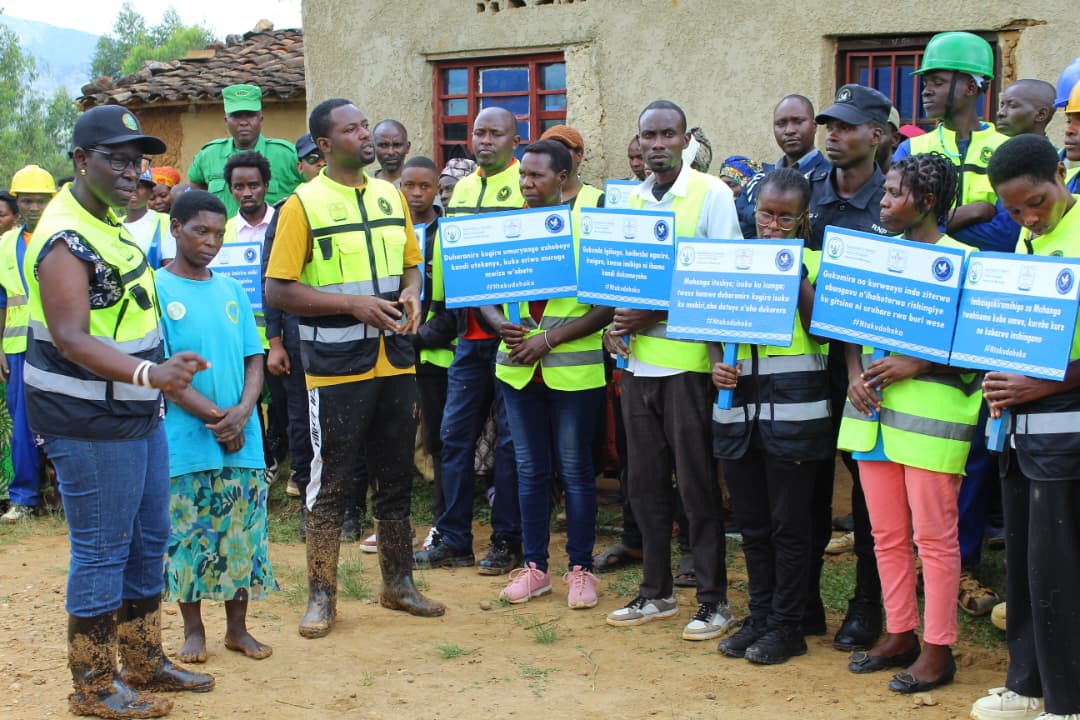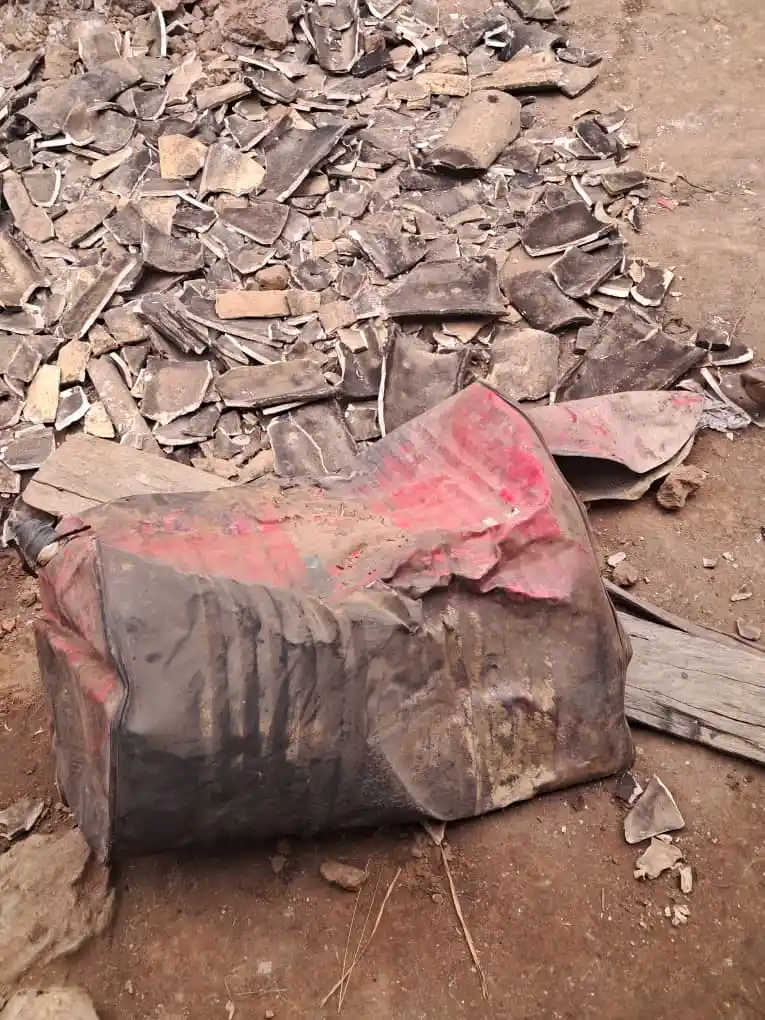
The National Bank of Rwanda (BNR) plays a crucial role in shaping the country’s monetary policy and maintaining the stability of the Rwandan Franc. But beyond that, BNR is also tasked with regulating financial institutions, ensuring that citizens receive safe and efficient financial services.
During a program aired on KT Radio on Thursday, July 31, 2025, Chrisostome Munyensanga, an official in charge of Policy and Legal Affairs in the Financial Regulation Department at BNR, offered deeper insights into what the central bank oversees and why it matters for the public.
BNR’s Role Goes Beyond Money Management
“Many people associate BNR strictly with currency matters,” Munyensanga explained, “but we also supervise the performance of financial institutions, especially how they interact with the people they serve.”
BNR monitors whether these institutions provide fair, timely, and reliable services, and intervenes where there’s risk of abuse, negligence, or exploitation of clients.
Which Institutions Fall Under BNR Regulation?
Here’s a list of financial institutions and services currently under BNR oversight:
1. Commercial Banks & Insurance Companies
These include:
- Privately owned banks
- State-owned institutions like the Rwanda Social Security Board (RSSB)
- Military Medical Insurance (MMI)
BNR ensures these institutions are well-governed, financially sound, and customer-focused.
2. Microfinance Institutions
BNR supervises microfinance cooperatives that collect savings and offer loans — like SACCOs and other community-based financial groups.
3. Pension Funds
Institutions that manage long-term retirement savings for individuals and employees are under BNR’s regulatory watch.
4. Payment Service Providers (PSPs)
Services like Mobile Money, which allow users to send, receive, and store money via mobile phones, are increasingly central to Rwanda’s cashless economy. BNR regulates these to prevent errors and ensure service reliability.
5. Foreign Exchange Dealers
BNR also regulates licensed currency exchange service providers dealing with USD, Euros, and other foreign currencies, ensuring transparency and protecting consumers from fraud.
6. Credit Information Bureaus
These agencies help lenders know whether someone requesting a loan already has outstanding debts. This enhances responsible lending and borrowing across the system.
7. Non-Deposit-Taking Lending Institutions
BNR is expanding oversight to institutions that offer loans without accepting deposits. Though newer in Rwanda, these organizations are now being brought under BNR regulation to ensure accountability.
8. Financial Innovations & Pilot Products
When a startup introduces a new financial product or service, BNR may authorize them on a trial basis to evaluate potential risks and benefits to the public. Only once vetted are they allowed to operate fully.
9. Insurance Intermediaries
BNR also monitors insurance agents and brokers who connect clients to insurance companies. These intermediaries must be transparent, provide accurate information, and prioritize the customer’s interests.
Why This Matters
All of these efforts are geared toward strengthening Rwanda’s financial sector, enhancing public trust, and ensuring that all Rwandans—regardless of income or location—can access quality financial services.
By monitoring this wide range of actors, BNR ensures that the financial ecosystem remains resilient, inclusive, and transparent.






